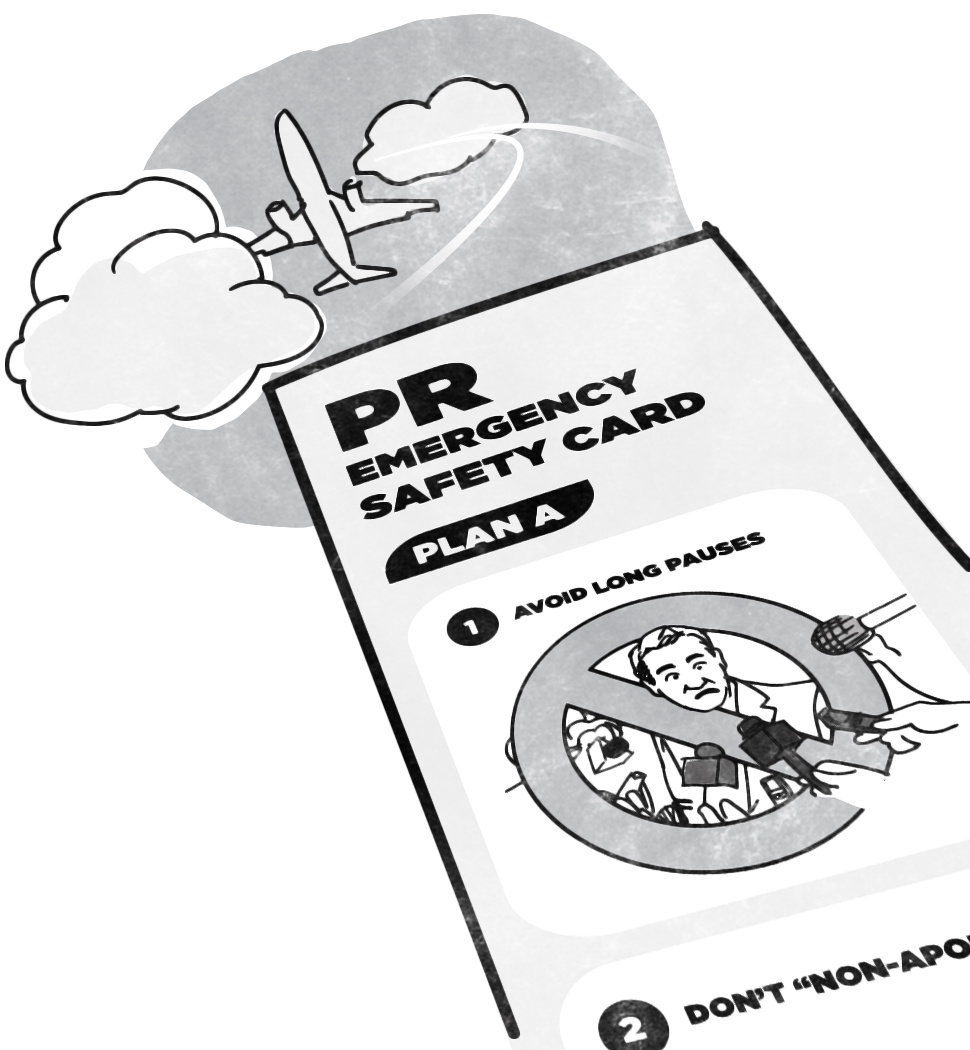United Airlines – Not one, not two, but three historic apologies

Last month, PRWeek named Oscar Munoz Communicator of the Year. Yesterday, he went down in history as one of the worst communicators of the year. What a difference a day makes.
Let’s dive in. In case you missed it, on Monday a 69-year-old doctor was forcibly removed from an overbooked United Airlines flight as a result of the airline needing the seats for United employees. After no customers volunteered to leave the plane for an $800 payout, the crew randomly selected passengers to exit the plane. The doctor refused to surrender his seat and crisis ensued. More of the details can be found on CNN.com.
United’s CEO, Munoz, responded with a PR practitioner’s nightmare—the “non-apology” apology. “This is an upsetting event to all of us here at United. I apologize for having to re-accommodate these customers.” Munoz does not take responsibility and this does not constitute an apology.
It doesn’t stop there. Hours later, Munoz sent a letter to employees praising the actions of the flight crew. Mr. Munoz said the passenger was “disruptive and belligerent” and the flight crew did exactly as they should.
Eruption ensues—from the White House, to the media and people across the globe. A day later, Munoz apologized a second time. This apology was more in line with what should have been released on Monday. Munoz took full responsibility for the incident and promised to work to make it right with United’s customers and the company’s internal processes. You can view Munoz’s letter here.
You would think all is calm in the world again. However, this morning, ABC’s Good Morning America held an exclusive interview with Mr. Munoz. He expressed what appeared to be a sincere apology, a feeling of shame, and policy changes United will be making as a result of the incident. However, when asked “Do you think he [the doctor] is at fault in any way?“ Munoz takes a long, uncomfortable pause before responding.
The fact that Munoz communicated no shame in his first apology, paired with his pregnant pause begs the questions: does he truly believe the words he is saying? Are these the values of United Airlines? And was this process outlined in the brand’s crisis communication plan?
Additionally, Munoz promised swift action in reviewing how United works with airport authorities and local law enforcement and to share the airline’s findings by the end of the month. This promise—as well as if and how he shares those findings—will either help to rebuild, or further damage, United’s image.
At a time where anyone with a cell phone can play “reporter for a day,” and initiate breaking news, crisis preparation is more important than ever. Having an experienced crisis communications team and proactively planning for worst-case scenarios can make the difference between earning the trust and respect of your customers and watching your trust bank deplete. The success of these crisis plans ultimately comes down to whether or not the leadership team properly engages and follows the plan. In this case, Munoz’s responses appear to be counter to what professional crisis teams, like ours, would recommend, initially costing United Airlines more than $500 million in stock value. With celebrities and top athletes taking to their own channels to slam the airline, coupled with calls for a United boycott, the real cost is yet to be seen.